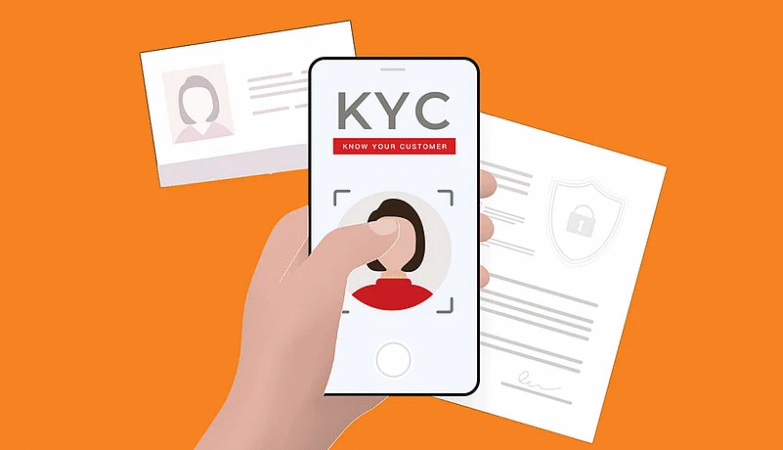Understanding what happens during neurological tests is important for anyone experiencing symptoms linked to the brain, spine, or nerves. These tests help diagnose various conditions and enable doctors to suggest suitable treatments to patients.
Metropolitan cities like Mumbai have advanced healthcare and experienced professionals. You can consult a neuro physician in Mumbai for an accurate diagnosis and timely care. This article discusses what to expect before, during and after neurological testing and why it is important.
The Role of a Neuro Physician
Neuro physicians focus on treating disorders that affect the nervous system. This includes the brain, spinal cord, peripheral nerves, and muscles.
Expertise in Neurological Disorders
Neuro physicians in Mumbai are trained to identify and manage conditions such as epilepsy, migraines, strokes, and movement disorders. Their evaluations often begin with an assessment of symptoms and basic neurological tests that check nerve responses and brain function.
Types of Neurological Conditions Assessed
Neurological testing helps detect stroke, Parkinson’s disease, multiple sclerosis, epilepsy, and more. If you are experiencing memory loss, dizziness, headaches, or weakness, neurological tests can help determine the cause. Early detection improves outcomes and helps manage symptoms effectively.
Overview of Neurological Tests
Neurological tests are a key step in evaluating and managing nervous system conditions.
Purpose of Neurological Tests
These tests aim to determine the source and severity of neurological symptoms. They help neurologists assess whether the brain, spinal cord, or nerves are affected, allowing them to determine the most suitable treatment.
Common Neurological Tests Performed
The tests may include:
- Neurological examination: It assesses coordination, reflexes, strength, and balance.
- MRI and CT scans: They create detailed images of the brain and spine structures.
- EEG (Electroencephalogram): It records brain wave activity.
- EMG (Electromyography): It evaluates nerve-to-muscle communication.
Each of these tests helps paint a clearer picture of the nervous system’s condition.
What to Expect Before Neurological Testing with a Neuro Physician?
When you know what needs to be done before your tests, the process can become easier.
Pre-Test Preparation
You may be asked to fast or avoid certain medicines depending on the test. A neuro physician will give you clear instructions. Preparing as per instructions will ensure the tests give reliable results.
Initial Consultation and History Review
Before the tests, the doctor will ask about your symptoms, past medical issues, and any recent changes in your health. This conversation helps the doctor suggest the most appropriate tests and understand your concerns.
What Happens During Neurological Tests with a Neuro Physician?
Testing usually includes a mix of physical, imaging, and electrical assessments.
Physical and Cognitive Examinations
The doctor may ask you to walk, stretch, or respond to stimuli to check your strength, reflexes and coordination. Cognitive tests involve answering questions to measure memory and focus. These are useful in diagnosing dementia, Alzheimer’s and other memory-related conditions.
Imaging Tests
MRI and CT scans are non-invasive and provide detailed images of the brain and spine. You will lie still on a table while the machine will scan the area. These tests help detect injuries, tumours, or structural issues.
Electrodiagnostic Tests
EEG tests utilise sensors placed on the scalp to monitor electrical activity in the brain. They are often used to diagnose epilepsy or sleep disorders. EMG involves placing fine needles in muscles to check how nerves send signals. This helps identify nerve damage or muscle disorders.
What to Expect After Neurological Testing with a Neuro Physician?
After the tests, your doctor will explain the results and next steps.
Interpreting Test Results
The neuro physician will study the findings and let you know if anything unusual has been detected. They will explain what it means and whether more tests or treatments are needed.
Treatment Plan and Follow-Up Care
If a condition is confirmed, your doctor will create a treatment plan that may include medication, physical therapy, or further testing. Follow-up appointments help track progress and make changes to treatment if needed.
The Benefits of Neurological Testing with a Neuro Physician
Timely testing can lead to better results and fewer complications.
Early Detection and Prevention
Neurological tests allow doctors to catch serious problems early. Conditions like stroke or Parkinson’s disease can be managed more effectively when detected early, reducing long-term impact.
Personalised and Effective Treatment
Tests help doctors tailor treatments based on your specific needs. This ensures more targeted care, better symptom control, and improved quality of life. It also helps avoid unnecessary treatments or delays by focusing only on what is medically required.
Choosing the Right Neuro Physician in Mumbai for Neurological Testing
Selecting the right expert can make a big difference in your care.
Qualifications and Expertise
Look for a neuro physician with recognised qualifications and experience in treating various neurological conditions. A skilled doctor ensures accurate diagnosis and proper treatment planning.
Technology and Facilities
Hospitals with advanced equipment can perform more precise tests. Choose a clinic or hospital with the latest equipment to ensure the results are accurate and helpful. Access to modern diagnostic technology also allows for quicker turnaround times and more detailed evaluations.
Reviews and Recommendations
Patient reviews offer useful insight into a doctor’s approach and care quality. Choosing a well-recommended physician increases your confidence and comfort. Feedback from others with similar health concerns can also help set realistic expectations for your own experience.
Also Read : Neurological Disorders: What are They, Types, and Symptoms
Conclusion
Neurological tests are essential for diagnosing and treating brain and nerve-related issues. From your first consultation to the final diagnosis, each step is important in identifying the problem and creating a treatment plan.
If you have symptoms like dizziness, memory loss, or weakness, consult a neuro physician to get the right diagnosis and care. Acting early can make all the difference in your health and well-being.










